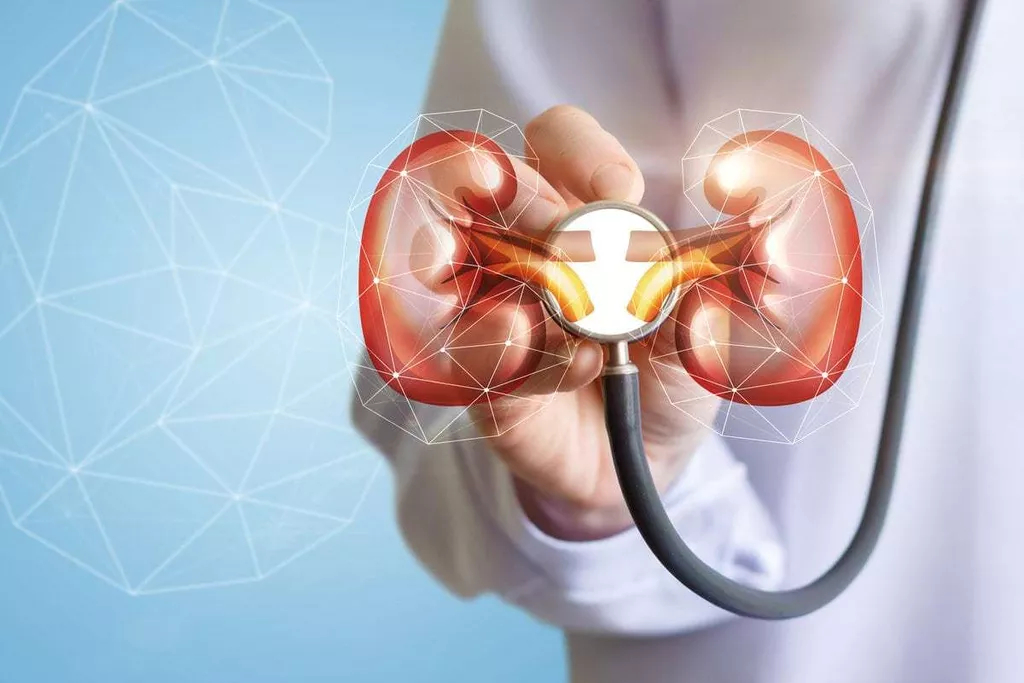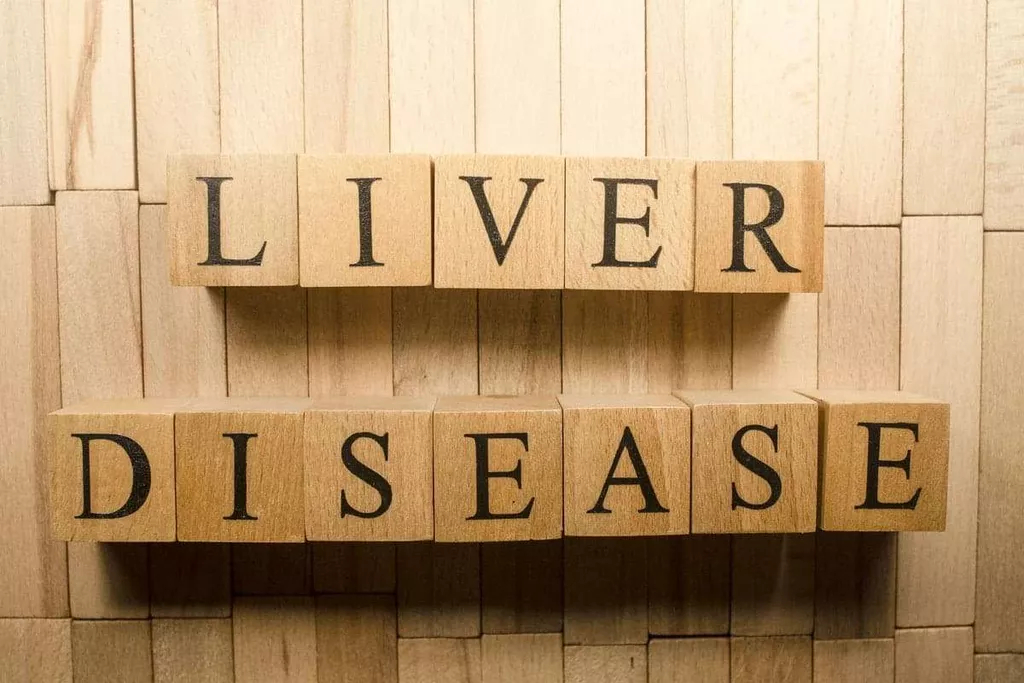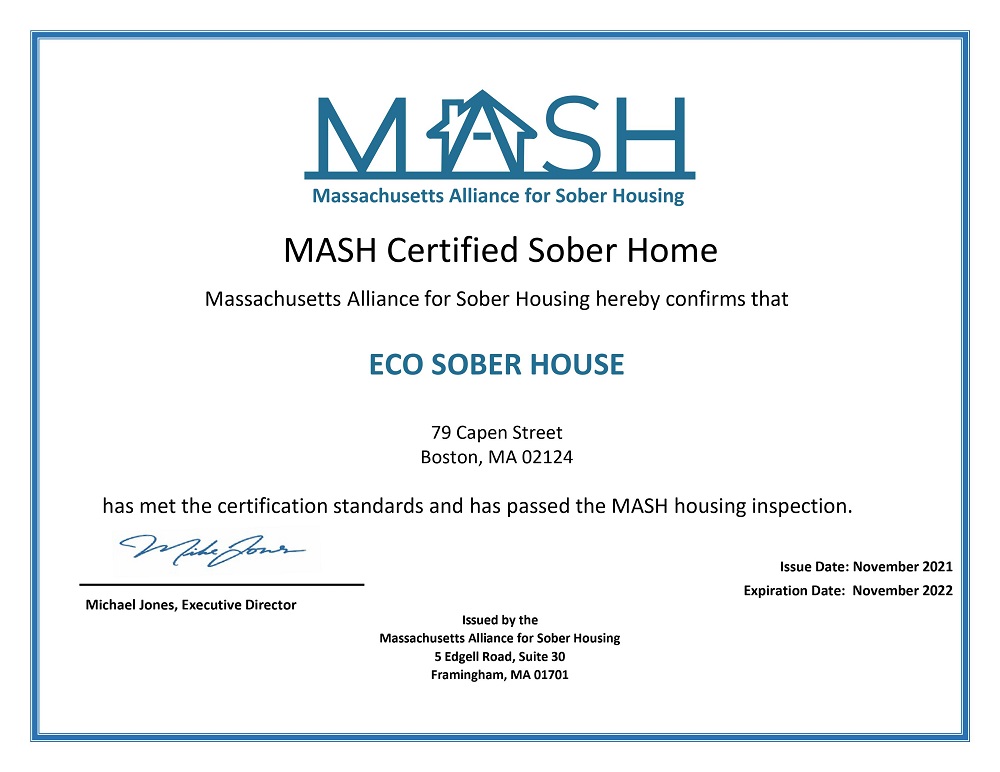Contents

But, it can be challenging to grow your hair out in the first place if the roots are damaged. Clearly, it is vital to reduce alcohol use and adopt healthy habits for shiny, happy, and thriving hair. But, anecdotal evidence suggests that topically applying beer can lead to a shinier and smoother mane.


Alcohol detox isn’t easy and not everyone can do it on their own. That is why alcohol detox and alcohol withdrawal treatment is administered by medical professionals. Along with weight gain, you may experience early signs of aging and even a larger change in appearance. There’s also a link between alcohol withdrawal and thyroid disorders. Researchers explain that chronic damage from alcohol to the thyroid gland may be to blame in these cases. What we know about addiction is that it is a chronic and progressive disease.
Alcoholism and Hair Loss:
Having too much vitamin A in your system is also called hypervitaminosis A . Research has shown that the rapid weight loss often experienced among people following very low calorie, restrictive diets may also lead to hair loss . You might think that nutrient deficiency may cause hair loss after bariatric surgery, and this is true. However, interestingly, in some people the causes may actually be the stress of the surgery and the rapid weight loss that follows it.
A 2018 research review showed that people who smoke are at a higher risk of developing complications during hair transplants such as the death of skin tissue on the scalp. If you’re consuming more alcohol daily or weekly than the national guidelines suggest, you may have a problem. Alcohol abuse is a serious issue that requires professional intervention for the best outcomes. The team at Sunlight Recovery can offer you the support to start your journey to recovery and improve your mental and physical health.
- Generally, the scalp has about 100,000 hairs that go through phases of growing, resting, and then, falling out, and finally, regenerating.
- Hair oil production tends to decrease when you’re 45 to 50 years old, according to a 2018 research review.
- So, taking poison doesn’t help your hormones, liver, or skin.
- Intake of too much alcohol may show its impact on your body, leading to hair fall.
If you think that you may be experiencing hair loss due to a nutrient deficiency, talk with a healthcare professional. They may suggest you get a blood test to assess your micronutrient levels and rule out deficiencies. Drinking alcohol affects how the nutrients from the food you eat are absorbed by your body . Excessive drinking reduces the production of enzymes that aid digestion. For the same reason, eating a healthy meal can offset the nutrient loss caused by alcohol.
If applied directly to the scalp, rubbing alcohol can dry out the hair follicle, resulting in dry hair, breakage and potential hair loss. For some people, quitting or cutting back on drinking isn’t that easy. If you find yourself wanting to cut back but not being able to, you may have a drinking problem. The best way to avoid losing hair from chronic drinking is to cut back on the amount you drink or stop drinking altogether. If possible, people should keep their alcohol consumption at moderate levels. This refers to having one drink per day for women and two drinks per day for men – or less.
How smoking causes hair loss
Calorie restriction affects the energy supply to the hair follicle, which can lead to hair loss. These findings led the researchers to recommend that all people with diffuse hair loss be tested for low vitamin D and iron levels . Some studies have shown that people with hair loss tend to have lower iron levels in their blood and hair compared with people who don’t have hair loss . Hair loss can also be caused by diet-related factors, such as nutrient deficiencies and supplement use . If the dryness in your hair persists, it can cause your tresses to fall out, ultimately leading to a bald patch. Learn how you can deal with baldness related to alcohol consumption in the next section.
There are also some 4,000 chemicals in tobacco smoke that can damage collagen and elastin, leading to sagging skin and premature aging. Drinking alcohol may also interfere with the absorption of protein or lead to lower protein consumption. There’s also some evidence that copper deficiency may lead to premature graying of hair, but further studies are needed. Recommended daily intake of iron is between 11 and 18 milligrams for most nonpregnant adults.
Hereditary hair loss with age is the most common cause of baldness. Some people prefer to let their hair loss run its course untreated and unhidden. Others may cover it up with hairstyles, makeup, hats or scarves. And still others choose one of the treatments available to prevent further hair loss or restore growth.

When you stop smoking cold turkey, you may experience more intense withdrawal symptoms than when you quit gradually. However, it may help you get past your nicotine habit quicker. Some people find it helpful to use nicotine patches, gums, or inhalers to slowly wean down the amount of nicotine they consume. By reducing nicotine intake slowly, they decrease withdrawal symptoms.
While reminding yourself that a sober life is a better life is the primary cause of hangovers the next morning, a lack of hydration also affects the strength and elasticity of the skin. In fact, dehydration is one of the key factors in achieving healthy hair. As mentioned above, alcohol does not directly cause hair loss, but it does cause other issues that lead to hair loss. In the case of binge drinking, you can experience extreme dehydration, which will dry out your hair follicles and, over time, cause hair thinning.
Your thyroid regulates hormones in your body, and when this process is interrupted by either hypothyroidism or hyperthyroidism, hair loss can occur. Telogen effluvium is a condition that causes your hair to stay in the resting phase of growth. When this happens, your hair can no longer grow and will begin to fall out in large amounts. Typically your hair moves through three phases of hair growth, so having your hair growth cycle stuck in one phase is detrimental to your hair’s health.
Should You Try A Beer Rinse To Increase Hair Growth?
Your body uses these nutrients to grow your hair, nails, help you sleep better, and even support healthy brain function. Once you begin to experience malnutrition, your health and your hair will decline. However, there are many ‘side effects’ of drinking alcohol which can create the perfect storm for thinning and hair fall. These include improper hormone balance, poor nutritional intake, and even liver damage.

In such cases, the best solution is to go for a hair transplant. Hair transplant treatment, when successful, can show visible hair growth within a year of the surgery. However, be warned that it is an expensive procedure that may initially cause pain and discomfort. This pungent, smelly vegetable is actually useful in maintaining hair health and can even regrow your tresses . Moreover, the results vary across different hair types, and adding alcohol to your locks may make them duller and drier. The benefits of a beer rinse are not proven scientifically yet, so consult a doctor before using it on your hair.
You can find finasteride and minoxidil online, and both hair loss treatments available together in the Hims Hair Power Pack. The FDA has approved two medications to treat hair loss in men. The first, finasteride, works by stopping your body from converting testosterone to DHT. These issues are likely caused by the damaging effects of cigarette smoke on the structure and DNA of human hair. There are a number of reasons why alcohol can cause hair loss.
There is a lot you can do to prevent any further hair loss, or even regrow lost hair, but it will mean changing some of your habits. But beyond feeling tired, poor quality of sleep can leave you feeling stressed out. Alcohol is a diuretic, which means it increases the production of urine and dehydrates the body as a result .
There is no doubt that alcohol consumption can increase stress levels. When combined, this is a recipe for inflamed hair follicles and even hair loss. The overconsumption of alcohol can have negative effects on the hair. Losing vital nutrients from dehydration and consuming empty calories can lead to hair damage, hair thinning, and baldness.
Whatever the cause, low nutritional levels can lead to hair loss. The liver also produces bile which helps with the process of digesting foods. So damaging your liver with excessive alcohol can cause poor digestion and reduced nutrient intake. With fewer nutrients in your body, your hair has a hard time growing.
Alcohol and Hair Loss – How They Are Linked
However, a recent study that looked at the health impacts of alcohol worldwide suggests there’s no absolute safe level of alcohol use. In general, the recommended daily intake of protein is 0.8 grams per kilogram of body weight. To get your individual recommendation for grams of daily protein, multiply your body weight in pounds by 0.36.
In short, alcohol is a promoter of dehydration which then leads to the improper functioning of crucial organs . But the link does indicate there is a larger connection between insulin resistance and AGA than was previously thought. Learn about the similarities and differences between isopropyl alcohol and rubbing alcohol, how to use them safely, and potential risks. Some individuals may also apply beer directly to the hair as a conditioner to make their hair smooth and shiny. Alcohol is a broad term for a variety of chemicals, and it has different names and effects on hair.
The participants were instructed to catalog their dietary intake using a 4-day diary method. We look at the various causes, treatment options, and practical tips for preventing further loss. However, there is limited scientific evidence to support applying beer or other forms of ethanol to hair.
